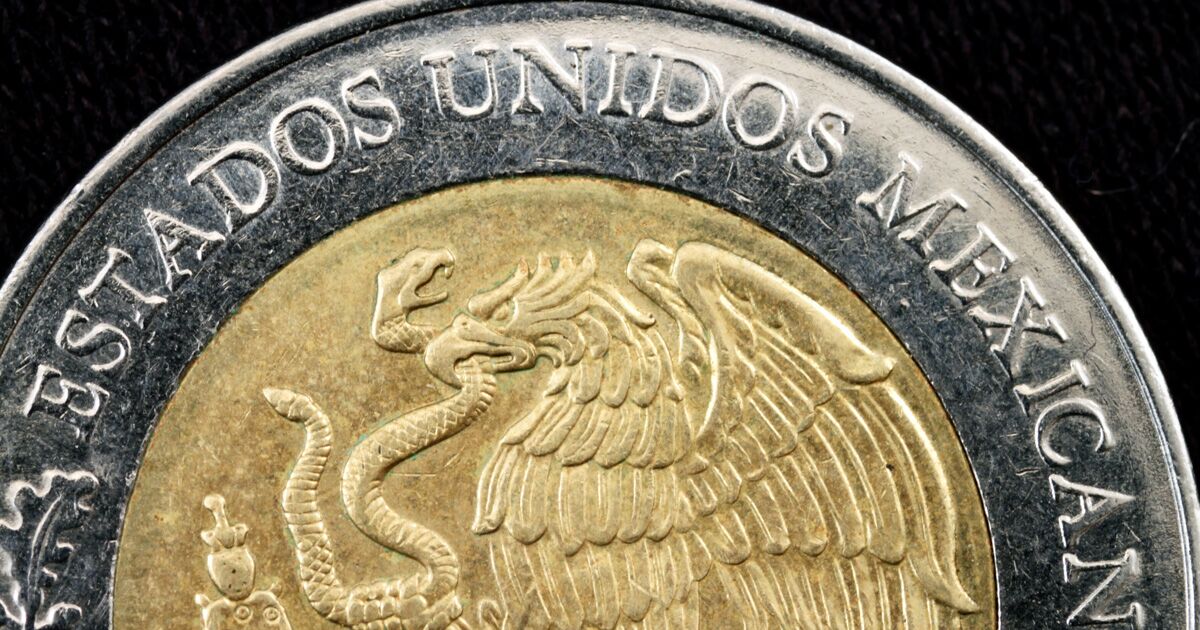The figure, which largely responds to forecast cuts for China and the United States, represents a drop of 0.5 percentage points compared to the IMF estimate from last October, when the war in Ukraine had not started. Compared to the advance report of January, the calculations hardly changed.
Russian forces’ invasion of Ukraine in February unleashed another humanitarian crisis around the world and sent energy and food prices soaring, adding further pressure to Latin American economies.
“While there are fewer direct connections to Europe, the region is still expected to be impacted by inflation and monetary policy adjustments,” the IMF said in a statement.
In emerging economies, “energy and food price increases could significantly raise the risks of social conflict,” it added.
The IMF warned in particular about the increases in interest rates that seek to regulate inflation and that are in line with the adjustment cycle initiated this year by the United States Federal Reserve.
The central banks of Brazil and Mexico are strongly restricting the terms of financing, with sharp increases in rates that risk consumption capacity and access to credit, the Fund said in its report.
The IMF said it expects Brazil’s GDP growth of 0.8% in 2022 and 1.4% next year.
The organization, which is based in Washington, called for caution in withdrawing aid due to the pandemic, since the recovery from the health emergency has been hampered by social disparity and the lack of critical infrastructure in the region.
With information from Reuters

















